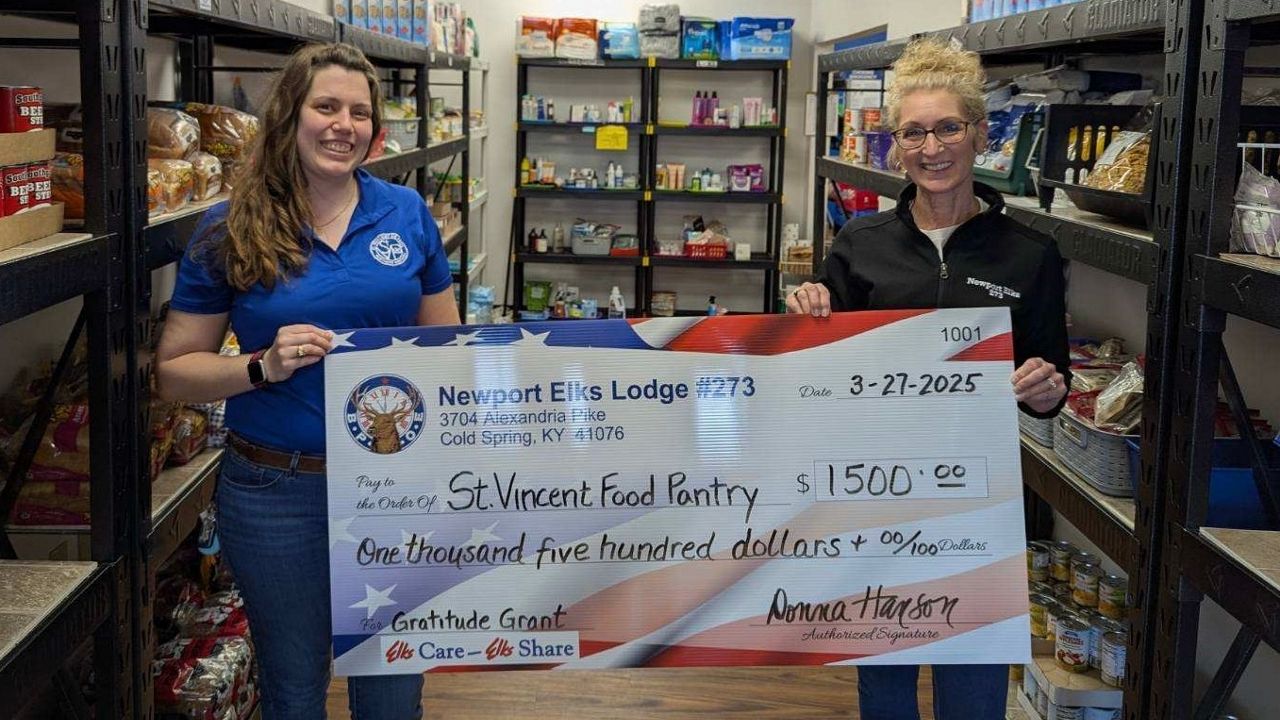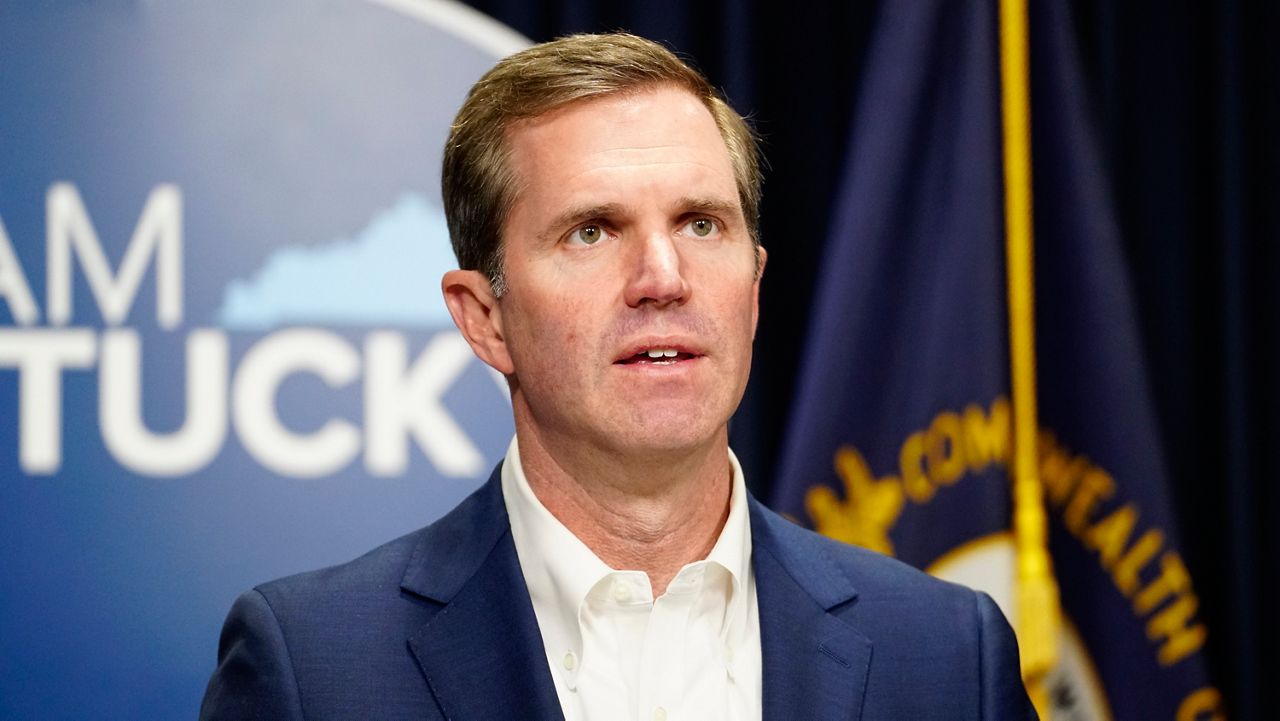LOUISVILLE, Ky. — There’s a conversation going on right now about gentrification in Louisville since Breonna Taylor’s family’s lawyers linked the city’s gentrification plan to the no-knock warrant served on March 13, which resulted in her death.
What You Need To Know
- Councilman-elect Jecorey Arthur plans to tackle gentrification
- Nulu is part of his district and at one point was a predominantly Black neighborhood
- Plans to have a Community Benefit Contract for businesses
- Arthur plans to have a virtual meeting with his district
On Friday, protesters marched down the gentrified NuLu neighborhood in Louisville demanding change from local businesses.
“The area around NuLu, Phoenix Hill, has historically been a black population, and over time since NuLu has come up, those people have been moved out,” said Jecorey Arthur, the newly elected council member for the 4th district, which includes NuLu.
At 28-years-old, Arthur is a local musician, professor, and organizer who now wants to tackle gentrification’s negative effects and turn them into positive ones, where the community is served first and foremost, once he takes office.
“Going back to the 60s, zooming way out, it doesn’t matter if you integrate a lunch counter if I can’t afford to sit at the lunch counter,” Arthur said, emphasizing how businesses in NuLu need to hire local residents but also include them, as well. “We are working in ways that don’t make sense as a city, and I am hoping on Metro Council, I can make sure I’m addressing all of those concerns. Not only for the businesses that exist in NuLu, but also the potential patrons that should be able to access NuLu but who cannot.”
On Friday, Arthur was not at the protest in NuLu. However, the protesters that marched down the main street lined with local shops and restaurants in the NuLu neighborhood gave businesses a contract to sign. The contract includes nine demands, from hiring a workforce of 23 percent Black employees, which would reflect Louisville’s make-up of just over 23 percent black residents, to requiring diversity, inclusion, and equity training for staff.
Mayan Café, a restaurant owned in part by Bruce Ucán, a native Mayan from Mexico, has been in the NuLu neighborhood for 13 years, since before the area was gentrified.
The restaurant now has the protesters’ transparency statement posted in its window that reads, “We stand against the widespread disenfranchisement and overall harm of the black community whose voices have been silenced.”
Anne Shadle, co-owner with her brother-in-law, told Spectrum News 1 that the protesters expect the business to take action by August 17. Otherwise, the literature passed out states there will be repercussions, such as a bias report to the Better Business Bureau to boycotts of the business.
Shadle thinks in some areas Mayan Café does it right, and in other ways, it can do better.
“I feel like we have a good representation of black people in management. Three managers and two of them are black women,” Shadle said. However, she said she and her business partner are already talking about ways to take action.
“I would like us to find suppliers that are more black-owned businesses,” Shadle told Spectrum News 1.
Shadle said, while there were some reservation cancellations on Saturday because of Friday’s protest, overall the restaurant has been negatively affected by the pandemic, not the protests in general. She thinks it’s a good idea to hold businesses accountable in support of the protesters’ demands.
She said the Mayan Café has benefited from gentrification because of the increase in foot traffic in the area. However, it has also felt the negative impacts, too.
For example, when Ucán tried to purchase the building, Shadle said he had a difficult time doing so because the owner ignored his requests for years. Shadle said when Ucán was finally able to purchase the building, he paid three times more than the amount the previous owner paid when he had purchased it a year after the Mayan Café opened.
When Arthur gets in office, one of his big ideas is to have what is called Community Benefit Agreements that hold businesses and developers accountable for serving the community in a positive way when they decide to build in or move into them.
“That could include not displacing anyone. That could include making sure that you hire people within the community. That could include if you are opening up a store, not selling alcohol when there is a liquor store right across the street. It looks a number of ways, and I am just one voice. One of opinion and I look forward to making sure I’ve got their all voices, and all opinions, and all experiences to put them, and use myself as a vehicle to kind of amplify all of the other voices and amplify what those agreement should be,” Arthur told Spectrum News 1.
Soon to be an elected sitting politician, Arthur looks forward to making lasting change that has a positive impact.
“They don’t have a Metro Council member who has infiltrated the organizers. They have an organizer who has infiltrated Metro Council…I am an organizer, and I’m very much so a part of the mission that they are on, which is to bring about justice in the city for Breonna [Taylor] and beyond,” Arthur explained.
This coming week, Arthur said he will host a virtual call with Louisville business owners, specifically in District 4, to talk about systemic racism and how to move forward from here. If you are an interested business owner, JecoreyArthur.com or his Twitter account will have the date and time.










